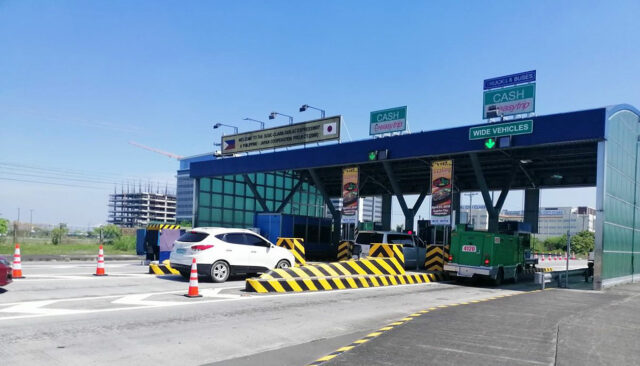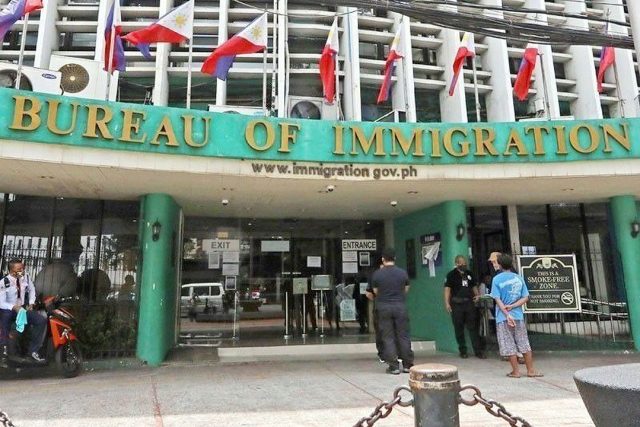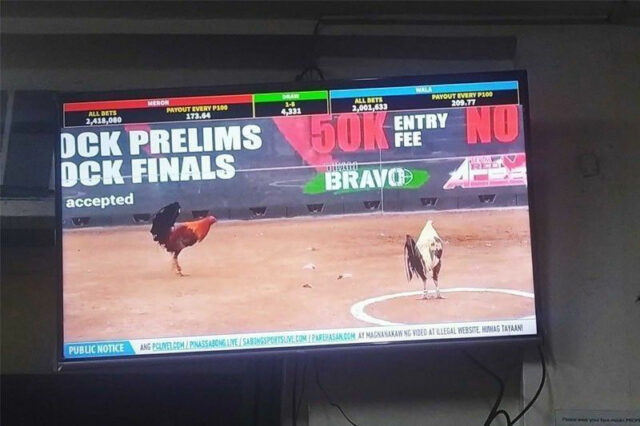By Adrian H. Halili, Reporter
CHINA’S MINISTRY of Education has renewed its warning to Chinese students considering studying in the Philippines, citing what it described as a worsening security situation for its nationals in the country.
In a Facebook post on Saturday, the Chinese Embassy in Manila confirmed that the advisory was issued on Aug. 30. The ministry pointed to a recent increase in what it called “malicious incidents” involving Chinese students in the Philippines and warned of “deteriorating security” and “unfavorable conditions” for international learners, the embassy said.
This is the second time this year that Chinese authorities have issued such an advisory. A previous warning was released on July 18, similarly raising concerns about safety and treatment of Chinese nationals.
The embassy said the advisory was meant to remind Chinese citizens planning to study abroad to conduct risk assessments, strengthen awareness of safety precautions and plan their education arrangements carefully.
“The ministry cited a recent surge in malicious incidents targeting Chinese citizens in the Philippines, accompanied by deteriorating security and unfavorable conditions for international students,” it added.
The ministry also cited alleged instances of Chinese citizens and businesses in the Philippines facing frequent inspections and harassment from local law enforcement.
The Philippines’ Department of Foreign Affairs (DFA) did not immediately reply to a WhatsApp message seeking comment.
In response to the earlier July advisory, the agency had expressed concern over what it described as “inaccuracies” in the Chinese government’s statements.
The DFA said Philippine law enforcement authorities are committed to ensuring the safety of all foreign nationals, including Chinese citizens, and act on crimes committed both by and against foreigners.
The DFA also urged the Chinese Ministry of Education to reconsider its advisory, stating that it did not accurately reflect the country’s overall security situation, particularly in areas frequented by international students and expatriates.
Josue Raphael J. Cortez, a diplomacy instructor at De La Salle-College of St. Benilde’s School of Diplomacy and Governance, said Manila should respond to Beijing’s advisory “by showing the openness of Filipino culture toward international students.”
“The fact that there is an influx of foreign students opting to pursue their higher education here is a signal that such claim is erroneous,” he said in a Facebook Messenger chat. He added that crimes against foreign nationals should not be generalized to depict the security environment in the Philippines.
“The statement may not merely be due to the looming tension between our two countries but may also be brought about by the recent developments where crimes against foreign nationals transpired,” Mr. Cortez said.
He said the government should continue to ensure that the country is conducive and safe for both tourists and international students.
Relations between Manila and Beijing have grown increasingly strained in recent years. The Philippines has adopted a firmer stance on defending its sovereign rights in the South China Sea, especially within its exclusive economic zone, where multiple maritime confrontations have occurred.
In 2016, a United Nations-backed arbitral tribunal ruled in favor of the Philippines, voiding China’s sweeping claims over much of the South China Sea. Despite the ruling, China has continued to assert control over disputed areas, leading to heightened tensions in the region.
BRIDGING GAPS
Meanwhile, analysts said the Philippines should boost cooperation with Cambodia as President Ferdinand R. Marcos, Jr. prepares for a state visit next week amid state efforts to rally regional support against China’s growing assertiveness in the South China Sea.
“The Philippines must build a credible and strong relationship with Cambodia to tell our side on the West Philippine Sea and the importance of the maritime rules-based order,” Chester B. Cabalza, founding president of the Manila-based think tank International Development and Security Cooperation, said via Messenger chat.
Last week, Malacañang said Mr. Marcos is scheduled to visit Cambodia, though the Department of Foreign Affairs has yet to release official details of the trip.
Mr. Cabalza said deeper engagement with Cambodia could help the Philippines push the long-delayed Code of Conduct (CoC) in the South China Sea, especially as Manila prepares to assume chairmanship of the Association of Southeast Asian Nations (ASEAN) in 2026 — one year earlier than scheduled due to Myanmar’s internal political crisis.
“These initiatives will help us pursue the completion of the Code of Conduct when Manila receives the baton of chairmanship in the ASEAN ministerial meeting next year,” he said.
Hansley A. Juliano, a political science lecturer at the Ateneo de Manila University, said the visit is an opportunity to bridge gaps between mainland and maritime Southeast Asia and find common ground despite Cambodia’s known closeness to China.
“The President’s chance here is to establish common possible interests on increasing engagement, and even possibly help in opening spaces for Cambodia in ASEAN,” he said in a Messenger chat, adding that it could help foster greater regional cohesion.
He also cited the importance of promoting fair treatment among ASEAN member states to strengthen the bloc’s position on global platforms, such as the United Nations General Assembly.
“It would help bolster not only our international position but even nuance China’s leverage in the region,” he added.
Cambodia, a staunch supporter of Beijing, has often been seen as a roadblock in ASEAN’s efforts to present a unified stance on the South China Sea. Despite this, analysts said engaging Phnom Penh is essential to building trust and consensus within the regional bloc.
“If Mr. Marcos succeeds in leveraging common interests with Prime Minister Hun Manet — where Cambodia actively advocates for ASEAN centrality — then this is a good chance to build more trust and confidence between the two Southeast Asian nations,” Mr. Cabalza said.
Mr. Juliano said the Philippines should engage with Cambodia’s geopolitical alignment, which contrasts with the Philippines’ deepening strategic ties with the US and other Western allies.
“Cambodia being the most vocal China supporter in mainland Southeast Asia is well known, but it precisely means we cannot afford to ignore it,” he said. “Better know them upfront than not, especially for the upcoming ASEAN meets.”
Since taking office in 2022, Mr. Marcos has taken a more vocal stance against China’s expansive claims in the South China Sea. Tensions have intensified, with the Philippines pushing back against China’s presence in waters it claims as part of its exclusive economic zone.
ASEAN and China signed a nonbinding Declaration of Conduct in 2002, but progress toward a binding CoC has been slow due to legal, political and strategic differences.












